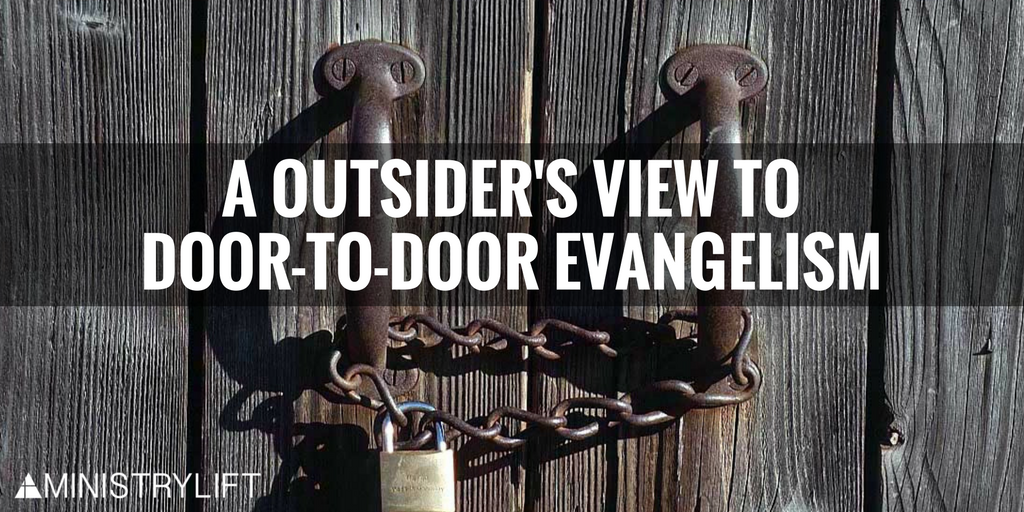Living Missionally

Several years ago, as I was pastoring an established church, my wife and I were struck by how hard it was to get our unsaved neighbors and friends to come to church with us. Some might come to an Alpha Course in the church building, but that often didn’t translate into regular church attendance.
Something was wrong with our approach to evangelism.
Allan Hirsch, in his book Forgotten Ways, describes four types of people in our society. The first group is made up of those who have some concept of Christianity and are often willing to explore Christian beliefs. The second group is the average non-Christian who has little real awareness of, or interest in, Christianity. They’re often suspicious of the Church, but are generally open to spirituality. The third group has no idea about Christianity. They might be part of an ethnic group with totally different beliefs or they could be part of a fringe group that has been turned off by their perceptions of a narrow-minded, restrictive kind of Christianity. The fourth group is highly resistant to the Gospel. They view Christianity as a threat to their way of life.
Now, obviously, the first group is usually the easiest to reach. They may even send their kids to youth, a church day camp, or even a week at a Christian Bible camp during the summer. They may come to an Alpha Course. These are the ones who may still attend a church at Christmas. The way many churches are set up allows them to be reasonably successful at reaching this group, especially if they are intentional about it. This is good and yet, there is also a problem.
According to Hirsch, the first group only makes up 10% or less of the population in many Western countries. That means that most churches can only hope to reach about 10% of their neighbors using an attractional model that seeks to draw people into church programs.
The other 90%, those in groups two, three and four, are unlikely to cross the huge divide between their lives and church life.


